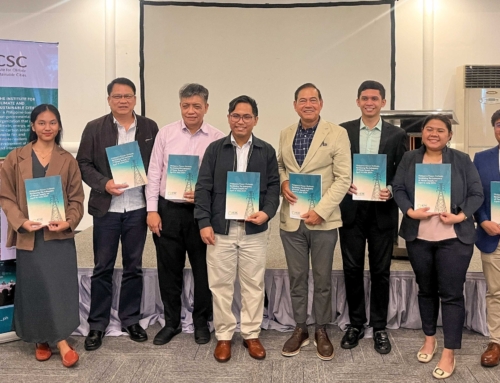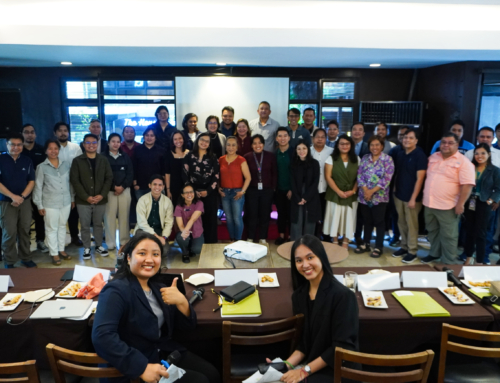by Danessa Rivera | August 23, 2021 | Published by Philstar.com | READ THE STORY HERE
MANILA, Philippines — The Philippines needs to address the policy gap for financing renewable energy (RE) developments to be able to reach its clean energy capacity and energy transition targets as this gap has kept projects from getting to shovel ready status.
In a webinar organized by the Institute of Corporate Directors (ICD) in partnership with the Institute for Climate and Sustainable Cities, The Climate Reality Project Philippines, and ClientEarth last Friday, participants stressed the critical need to address challenges in financing RE projects.
From the financing sector side, BDO Capital Investment Corp. and Bank of the Philippine Islands have called for the shift of financial flows towards the 1.5 degrees Celsius global warming threshold of the Paris Agreement to address climate and energy transition risks and increase resilience.
“Banks are implementation ready. We are already strictly regulated by the Monetary Board and the Central Bank, so if they issue more guidelines, we’ll just follow it. We do a lot of project finance, and we analyze all the risks anyway – we try to factor that in,” BDO Capital president Eduardo Francisco said during the virtual forum.
But there is clearly a disconnect since the DOE has been receiving numerous applications for RE projects, but some of these developments have not proceeded, Undersecretary Felix William Fuentebella said in the same forum.
As of May this year, the potential capacity from the DOE-issued service contracts reached over 29 GW.
As an answer to the disconnect, BPI vice president Jo Ann Eala said the Ayala-led bank takes both climate and environmental risks and opportunities into consideration in their projects.
“We have to make sure that the projects that we support and we fund are actually making money and profitable, meaning the project is sustainable. It is important that the project can sustain itself financially,” she said.
To finance RE projects, the Philippine banking sector considers a project that has secured contracts to ensure that they have cash flow to meet their loan obligations.
Merchant plants or those selling electricity to the wholesale electricity spot market (WESM) are usually frowned upon due to the risk and price volatility.
Eala said banks see a lot of value in contracts since this provides and ensures RE generators their source of cash flow.
“We value a lot of contracts, [power purchase agreements] PPAs, and on top of that, we do have a technical team that does the technical and financial evaluation… We have seen a lot of renewable projects, even as small as a biogas, become successful because…first you have to make sure where the cash flow will come from,” she said.
From the government side, the DOE has laid down guidelines that will ensure all power projects will have power contracts through the competitive selection process policy.
Alberto Dalusung III, energy transition advisor of Manila-based international policy group ICSC, said banks should consider merchant RE plants, especially since RE, particularly solar, is priority dispatch in the WESM, assuring of getting their supply used and paid at market prices.
In response, the banks are seeking a floor price in WESM to be able to finance even the smaller RE projects, which can be looked at by policymakers.
“We don’t know what will happen in the future. And since there is no floor for WESM… For smaller solar plants, if you need P5 to P6 per kilowatt-hour to breakeven, that’s the challenge. We’ve looked at it and we need a floor price and WESM doesn’t give us a floor to date,” Francisco said.
Eala said the government can provide guarantee or subsidies to RE generators to make merchant RE plants feasible.
“If there can be a mechanism whereby financial assistance will be given to these RE generators, then that will ease their paying and make it more feasible for them to have WESM, and if WESM drops then there is a mechanism whereby government subsidies will kick in, that would work,” she said.
###






